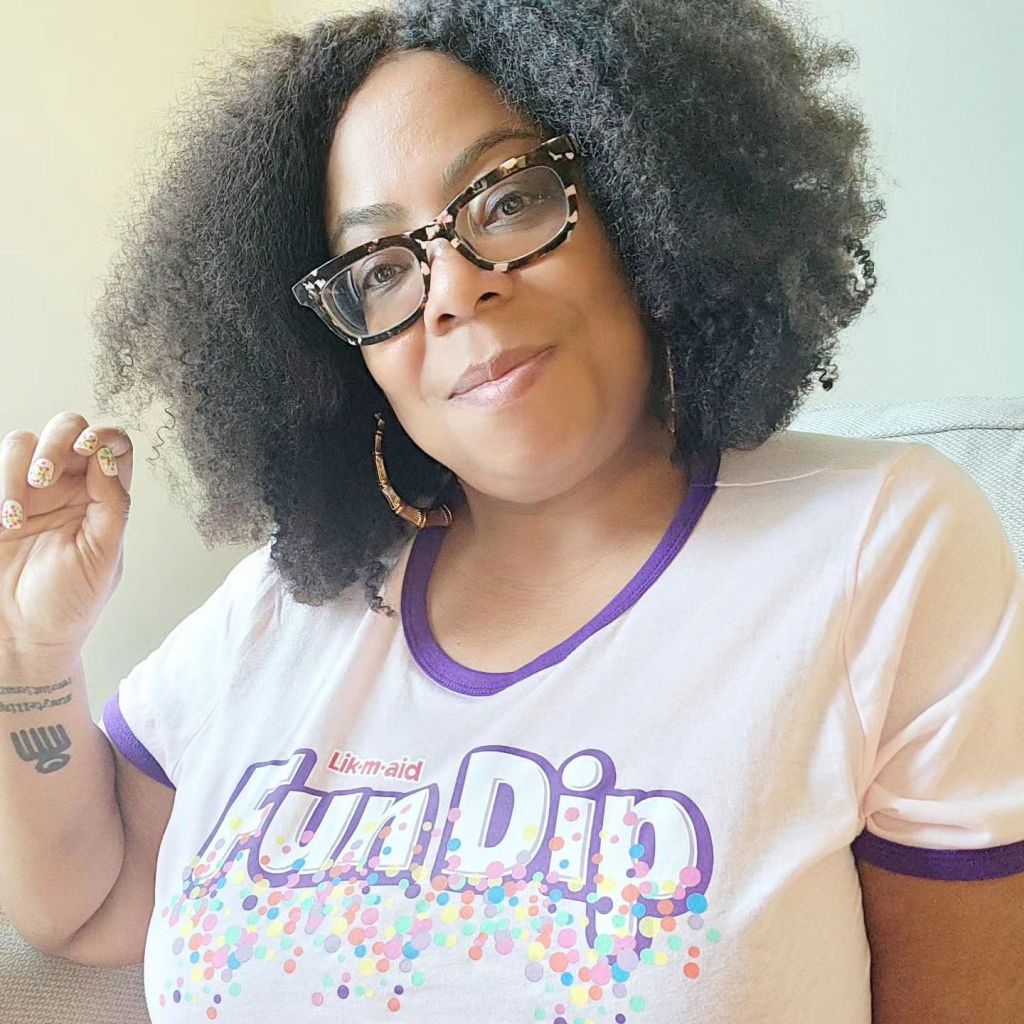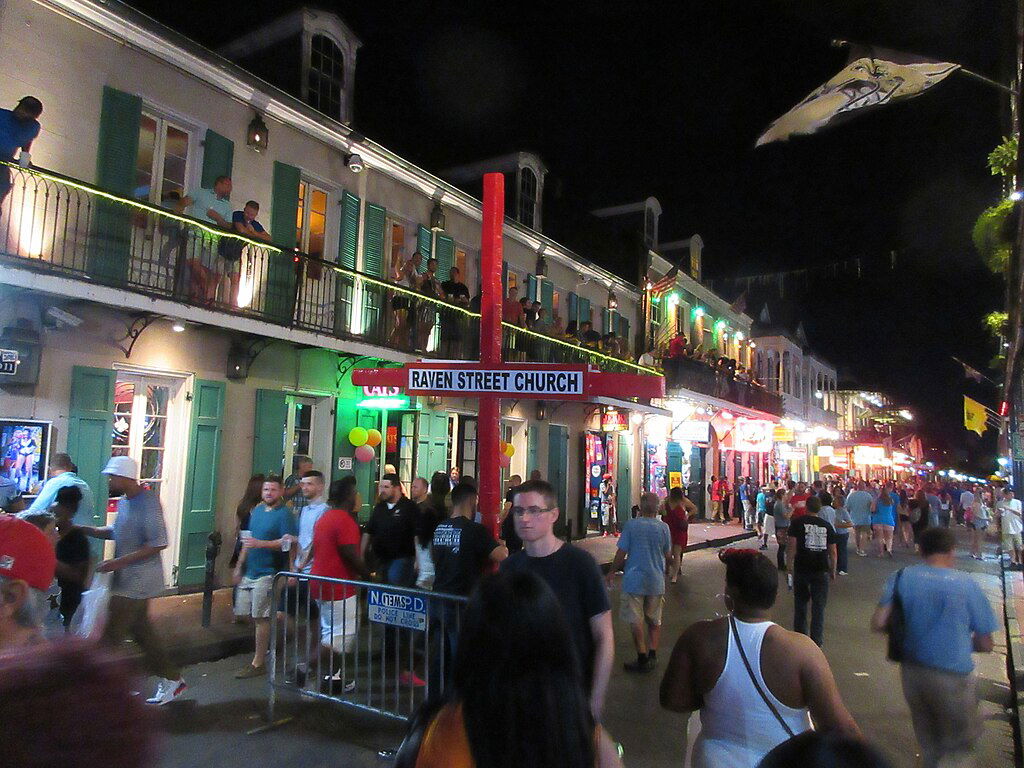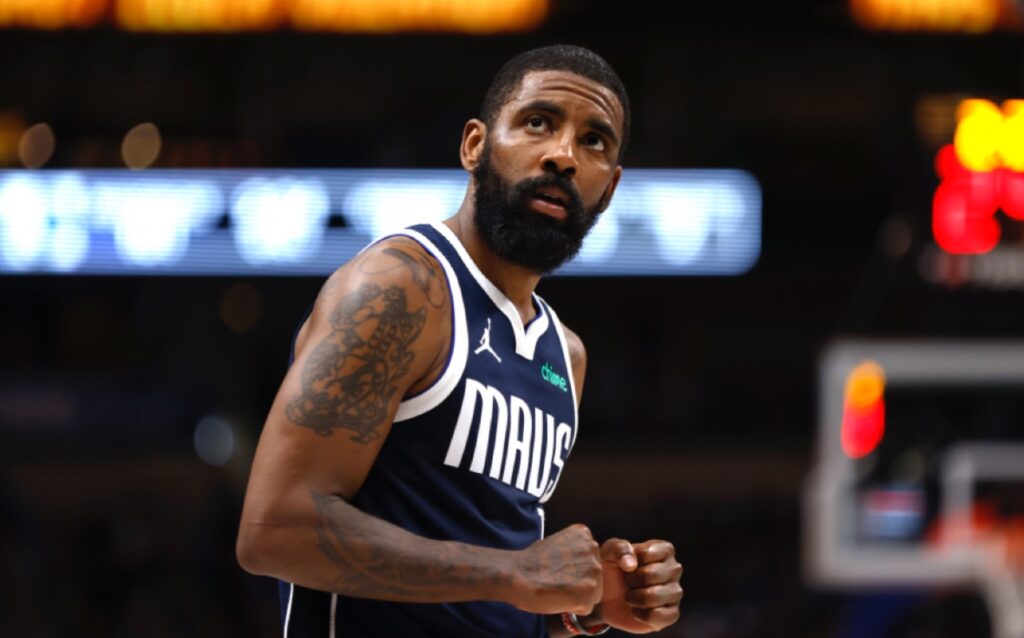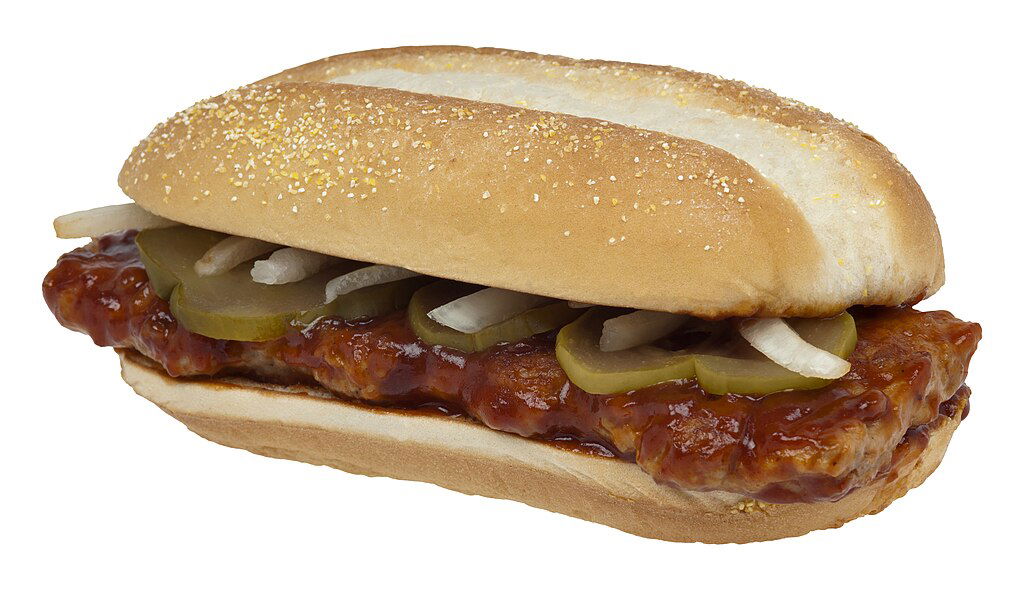Editor’s note: The following article is an op-ed, and the views expressed are the author’s own. Read more opinions on theGrio.
I’ve decided to stop using the word “ally” in reference to white people — even if they are “doing the work,” and I think other Black people should stop using it as well.
Who came up with that term as a measure of doing good in racial and social justice movements anyway? What was the original meaning of it? When did it become a part of the lexicon? Where did it originate? How did it get amplified? Why are we still using it today?
The word carries such weight these days, Dictionary.com named it the 2021 word of the year. At the time, Dictionary.com Associate Director of Content & Education John Kelly told AP that though the word had surfaced in the mid-1800s, “in the past few decades, the term has evolved to take on a more nuanced specific meaning.”
Dictionary.com defines allyship as follows:
1. the status or role of a person who advocates and actively works for the inclusion of a marginalized or politicized group in all areas of society, not as a member of that group but in solidarity with its struggle and point of view and under its leadership:
“Genuine allyship does not come with special recognition—we do not get awards for confronting issues people have to live with every day.”
2. the relationship or status of persons, groups, or nations associating and cooperating with one another for a common cause or purpose:
“In 1943, fearing that earlier racist immigration laws would hinder allyship with China in the war against Japan, the U.S. passed legislation allowing 105 Chinese immigrants per year.”
The sentence it provides as an example for the context in which the first definition is used is exactly the reason I find myself disliking the usage of this word more and more each day, and that issue — at least for me — is twofold.
The first issue is conferring that title on anyone in the first place is the very definition of giving people special recognition just because they are confronting and speaking out on the issues and injustices Black people have to face on a daily basis.
Why are we doing that?
Granted, there are a lot of terrible white people in this world, so when we see “the good ones,” we want to be able to identify and know who they are, and in a community-building sense where the community extends to include people who are not our skinfolk, weeding out those who may mean us harm is important.
Maybe we should come up with a name for those people, and leave “allyship” out of it.
Oh, wait.
I forgot we already have several names and labels for those people, including racists, bigots, white supremacists, white nationalists, and any other names and labels that belong on that list. That list is long and has so many names and labels that I would take up too much space listing them here.
We could just use those names and labels for the bad white people though, and look at the helpful white people as just being decent human beings because isn’t helping and speaking out the most basic human thing to do?
Recommended Stories
This brings me to my second reason for not liking the word ally, and this one is bigger than my first reason, though the first reason still irks me to no end.
The second reason why I hate the use of the word “ally” is because I have seen so many white people give themselves that label and throw it around like it’s some sort of “Get Out of Being Called a Racist for Free” card.
And that? That is disgusting, people.
There are white people who wear the label “ally” like it’s the red badge of courage, and it’s not.
Those supposed “allies” are the worst kind of white people because they weaponize help and allyship to their own advantage.
I’ve told this story before, but last year, a white woman I used to work with commented on one of my Facebook posts in which I used the n-word
Her comment stated that she hated the use of the word and that it was “jarring” to see it used so prominently.
Girl. Please.
I replied to her and told her that since this is my page, I will post what I want and use whatever words I want, and it’s not her place to tell Black people when and if we should use that word, and if she doesn’t like it, she could block me or unfriend me.
Because she is a white woman, she couldn’t let the conversation end there. She wrote this long wall of text that included something about her not being all white and possibly having Native American heritage and an anecdote about her calling out her racist family members for using the hard -ER, and she ended it all by telling me I “should be glad” I have people like her in my corner.
This exchange went on for several more paragraphs, and it included other white people jumping in and trying to tell her where she was going wrong, and she still wouldn’t listen. Her mind was already made up on the issue, and she viewed me calling her out as me making her the victim in a situation she created. Because in her mind, she is an ally to Black people, she felt well within her rights to chide me about something that was none of her fucking business in the first place.
The caucasity of it all.
This is what I’m getting at with my second reason. White people who need to have that honorific bestowed upon them need it because they feel like it’s something they can whip out as a shield against being called what they really are: (undercover) racists and bigots.
I put the word undercover in parentheses because they are actual racists and bigots, but they think if they dress it up in ally clothing, we won’t notice.
As long as they are doing the performative type of allyship that includes changing their avis to Black squares and sharing the posts of Black people and others who are actually doing the real work, they can hide behind this idea that we are all on the same team.
They feel like they can say “I’m white, but I’m not like those other whites.”
Y’all are all the same, baby.
The bar is currently on the floor when it comes to allyship, and quite frankly, we need to start gatekeeping that too.
Stop giving white people participation trophies for doing the right thing.
We should expect that of them, and we should start expecting it so hard that it becomes the rule, not the exception.
Stop trying so hard to be called an ally and work harder at being a good basic human being.
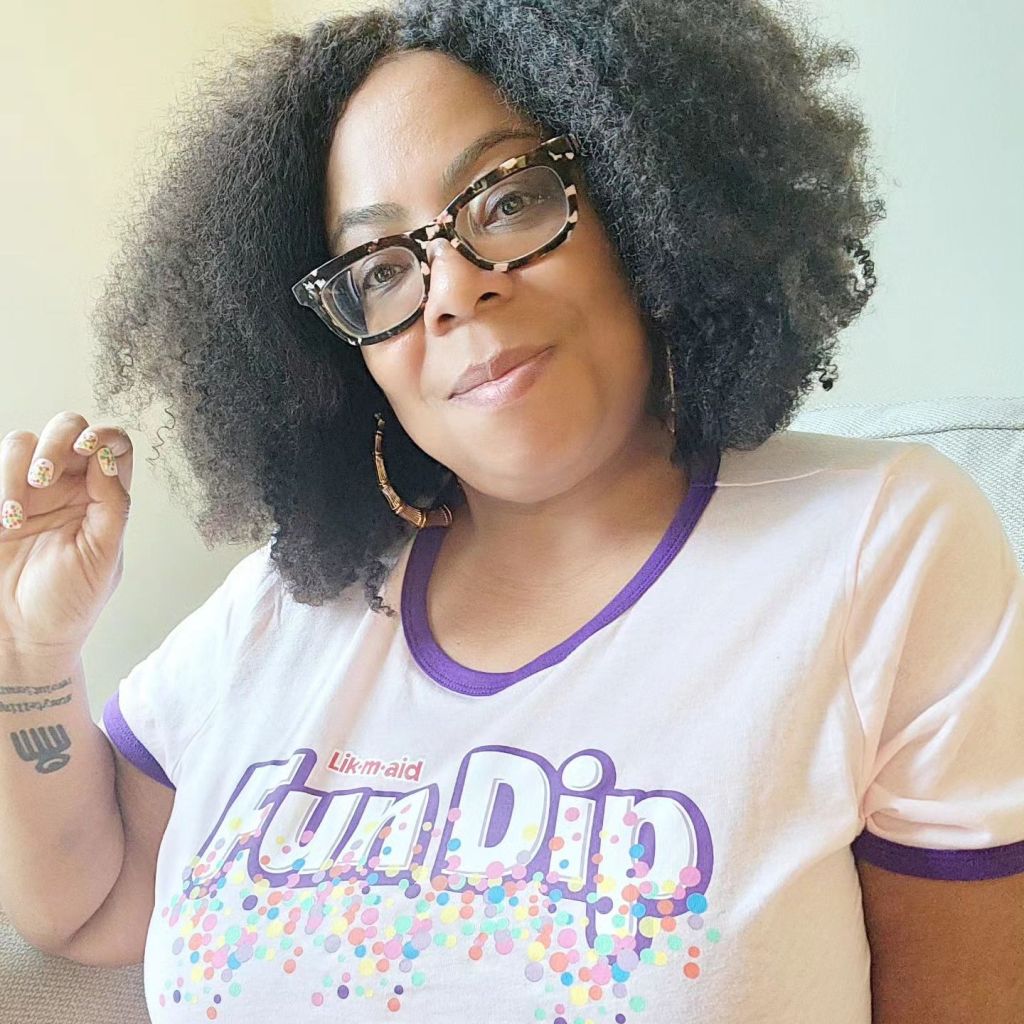
Monique Judge is a storyteller, content creator and writer living in Los Angeles. She is a word nerd who is a fan of the Oxford comma, spends way too much time on Twitter, and has more graphic t-shirts than you. Follow her on Twitter @thejournalista or check her out at thejournalista.com


